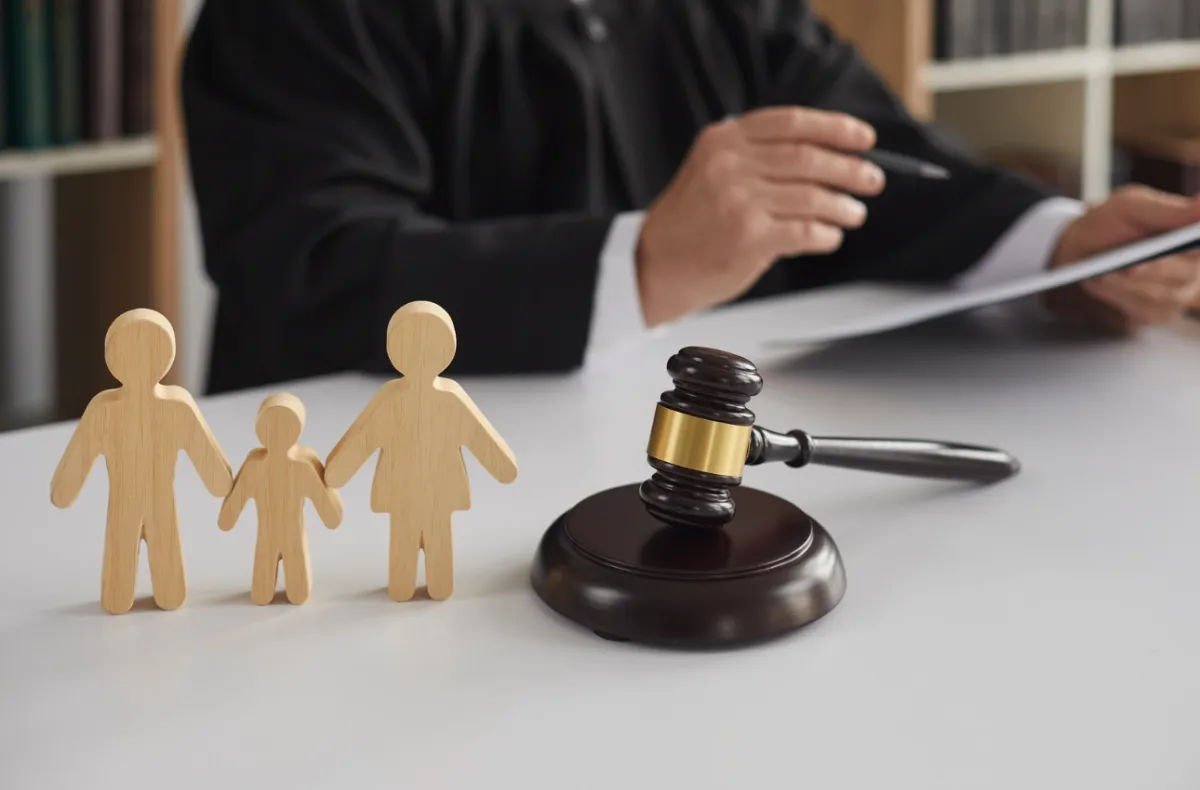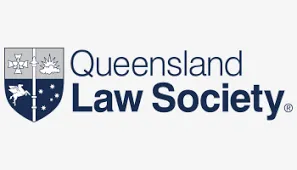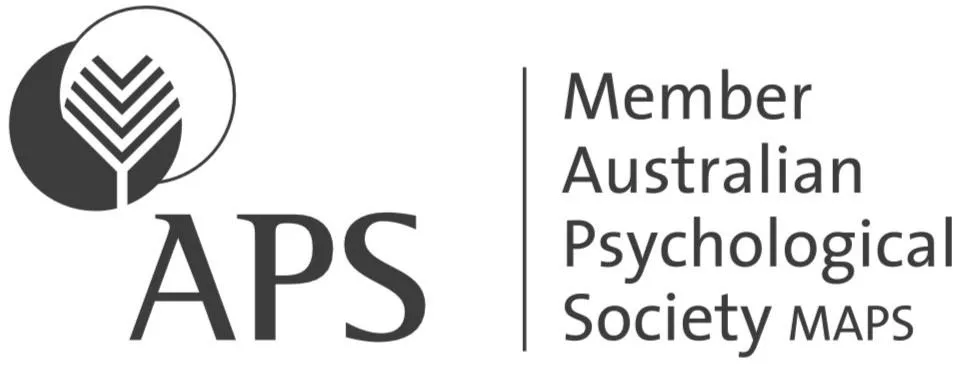Book a session with Kerry
Please choose a date and time below that suits you for your appointment.
After receiving your payment you will be sent an email with the Zoom link and a receipt.

Kerry Maloney
HEAD COUNSELLOR
Kerry offers a warm, energetic and positive approach to therapy. As a registered Psychologist and a full M
r Australia and New Zealand, including many rural Australia regions, and her sessions are largely run via Zoom to ensureember of the Australian Psychological Society (MAPS), Kerry has over 30 years of experience working with adults, couples and adolescents to solve a broad range of issues which can arise during the separation and divorce process: anxiety, stress, grief, relationship & parenting issues, depression, communication strategies, self-esteem, adjustment and resilience building.
From her diverse work globally, Kerry also has direct experience in understanding the impact of culture on relationships and families. She uses a variety of evidenced-based treatment approaches - Cognitive-Behavioural (CBT), Mindfulness and Acceptance & Commitment Therapy (ACT).
Kerry offers a non-judgmental, safe place to share thoughts and feelings while offering the guidance, compassion and support to make robust choices, navigate challenges and develop fresh coping strategies.
As a divorced mother-of-two, she is passionate about resolving conflict and achieving amicable outcomes for her individual clients and their families. Through guided facilitation to heal from the pain of separation & divorce, she thrives on helping both men and women reclaim their sense of self and create a brighter and more fulfilling future.

Sherry is a registered psychologist, educator and mother who is passionately dedicated to uplifting the mental health and well-being of her clients at every stage of life. She excels at helping you develop an effective tool kit of strategies and coping skills, to improve your communication skills and enhance family relationships.
She specialises in:
Child anxiety
Teens & Adult support
Family Relationships
Parenting help
Peri/Menopause support
Peri and Post Natal support

Susan is a lawyer who majored in psychology, counselling and coaching. She has worked for over 30 years with clients who are considering whether to stay or go, have already separated or are now divorced, to empower them to consider all the options and develop a plan going forward , which best supports their emotional, parenting, financial and post divorce solutions.
Separation &
Divorce Counselling and Coaching
Co-parenting support
Questions about our online
Counselling or Coaching Services?
Medicare rebate or private medical insurance claim for psychological services?
Most clients prefer to book directly with with our counsellors. No referral is required to access this counselling service.
During the first session, you can discuss the benefits of seeking a Mental Health Care Plan from your GP should you wish to pursue this path moving forward and you are booking with a registered psychologist. If you require a Mental Health Care Plan (MHCP) you will need to make a long appointment with your GP and they will make an assessment about whether you are eligible.
All of our registered psychologists are registered with Medicare and you will need a referral from a GP if you wish to claim Medicare rebates. Under the Better Access program you can receive a partial rebate for up to 10 individual sessions in a calendar year.
All our psychologists are registered with private health insurance providers in Australia. If you have private health insurance, you may be eligible to claim rebates for psychological sessions. The level of cover and any applicable waiting periods vary between providers and depends on your extras cover policy.
To find out if you are eligible and/or how much funding you are entitled to claim for psychological sessions, please contact your private health insurance.
Where applicable, some of our psychologists also see clients who are self-managed or plan-managed through NDIS at the current rate for NDIS.
Cancellation or missed sessions policy
Given the nature of our support services, last minute cancellations are costly, and it means that other clients may miss out on receiving the required support. For cancellations within 48 hours of the scheduled appointment there is a $65 part fee payment. For less than 24 hours cancellation notice or a non-show, the full session fee will need to be charged. These fees are refunded however if the session can be filled at the last minute.
How are your counselling and coaching sessions held?
We know our clients are time poor. For your convenience, all our counselling or coaching sessions are now available online via Zoom.
You can book your appointment online via this website.
Zoom allows us to connect with you via video and audio. It just requires you to click on a link to join. You can sign up to Zoom to create a FREE account and download the Zoom Client for Meetings. Zoom does require internet connections.
After you book you will be sent a reminder about the booking and emailed a link to connect at the booked time. You are also likely to be sent a client information form to complete prior to your initial consultation to enable our Counsellors and Coaches to be better prepared for your first meeting.
If you are unable to make any of the dates available, please email us to see if we can accommodate an alternate time for you: [email protected]
If you live in Brisbane or the Gold Coast, Queensland, we are available for face to face consultations. Please email us at [email protected] if you would like to arrange an in person appointment.

Catch up on our latest blogs

Family Reports in legal proceedings
A Family Report is used to provide a court with an independent assessment of a family law dispute. It offers an independent, expert view of the issues surrounding the parental dispute, which assists the court in making a decision about the child’s best interests in resolving the matter.
As a Family Report can be used by the court to make a decision on parenting matters, it’s important that you fully understand their significance and prepare for any interviews you’re asked to attend.
Why are family reports written?
Family Reports are written to assist parents in dispute about what is in their child’s best interests, or to assist the Court in determining what is in a child’s best interests if the matter is being litigated.
A family report writer’s job is to make observations and recommendations about the future care and living arrangements that are in the best interests of children in parenting disputes.
A family report writer can either be a Family Consultant appointed by the Court or jointly elected by the parties in the parenting dispute. They are usually prepared and written by either a psychologist or social worker who have the relevant skills and experiences with children and families.

Who is interviewed?
After the Family Report writer has been appointed or elected, they will conduct a series of interviews and observation sessions. If your matter is in court, the Family Report writer will also read the affidavit and any other material you and your ex-partner have filed as part of the case.
Usually, each parent is interviewed individually and observed interacting with the child. Depending on the complexity of the case and the number of people involved, others may also be invited to be interviewed. This includes anyone who will be involved in looking after the child or may be living with the child, including grandparents, extended family members, step-parents.
If appropriate, the child or children themselves may also be interviewed. However this depends on their age and health, and the child must consent to the interview.
The purpose of these interviews is for someone independent of the family to gather necessary information and make an informed decision about the best interests of the child. As a result, it’s likely that the interviewer will ask each parent about:
• Your background;
• Your involvement with the child before the separation;
• Whether your involvement with the child has changed following separation, to what extent, and why;
• The issues associated with your family law dispute;
• What you believe will be in the best interests of the child moving forward; and
• Whether you believe there are any risks to the child and/or your response to any allegations that the child is at risk.
PLEASE NOTE: Your interview with the Family Report writer is not confidential, so it is important to remember that anything you say to them can be included within the final report if it’s deemed to be relevant material and has been used to form their judgement.
Do I get to see the Family Report?
In order for you to see a court issued Family Report, it must first be formally released.
Private Family Reports usually take around 4-8 weeks to be released.
Once the report is released, it can only be viewed by you, your ex-partner and the respective lawyers. This means that it cannot be shown to anyone else, including any of the other people interviewed as part of the case unless the court gives permission for this.
It is illegal to publish the report or distribute the information within it.
What happens if I don’t agree with the Family Report findings?
One or both parties may disagree with the observations or recommendations contained in the Family Report. The Family Report on its own is not legally binding on the parties as the Family Court will just see it is an experts opinion, and a judge will therefore use their discretion on how much emphasis they will place on the reports findings.
If you dispute the findings of the report, and your case goes to Trial, you can ask for the report writer to be called as a witness in the trial. That way, they are open for cross-examination on their findings.




We are committed to protecting your personal information and respecting your privacy. This website uses cookies to analyze website traffic and optimise your website experience. By accepting our use of cookies, your data will be aggregated with all other user data.
DISCLAIMER: The material contained on this website is for general educational and information purposes only and is not a substitute for professional legal, financial, medical or psychological advice or care. While every care has been taken in the information provided, no legal responsibility or liability is accepted, warranted or implied by the authors or Family Counselling Support Network and any liability is hereby expressly disclaimed. For specific advice please contact us at [email protected]. All information contained on the website remains the intellectual property of Family Counselling Support Network and is for your personal educational use only. The information must not be reproduced or distributed without the express permission of Family Counselling Support Network.
Family Counselling Support Network acknowledges and respects the First Nations Custodians of the land where our offices stand, and where we work to help Australians. We pay respects to their Elders, past present and emerging, lore, customs and creation spirits. We recognise that these lands have always been places of ceremony, teaching, research and learning, and we acknowledge the important role Aboriginal and Torres Strait Islander peoples play in our community.
We are committed to providing an inclusive and accessible environment where people and communities of all identities and backgrounds are accepted, safe and celebrated.
Privacy Policy | Terms and Conditions

